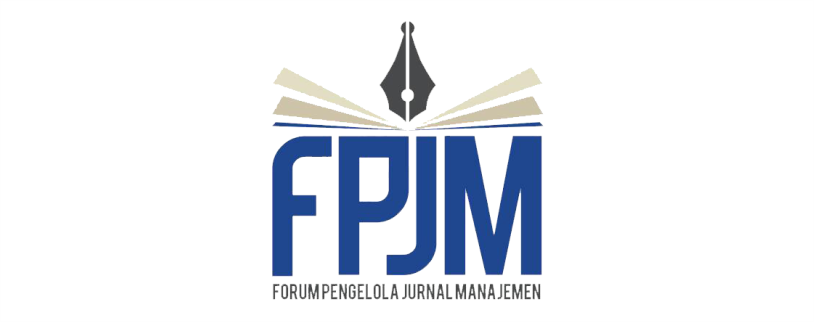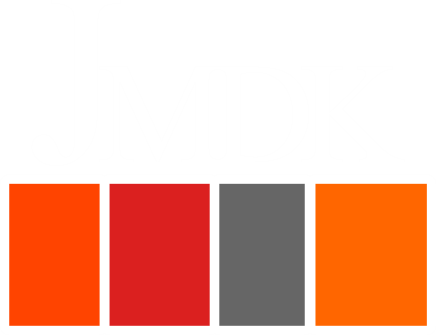The Influence of Perceived Benefits and Security of QRIS Use on Behavioral Intentions
DOI:
https://doi.org/10.26905/jmdk.v12i2.15027Keywords:
Digital Payment, Financial Technology, QRIS, TAMAbstract
The purpose of this study is to find out the development of the use of Quick Response Code Indonesian Standard (QRIS) as a digital payment method in Indonesia.This study uses the Technology Acceptance Model (TAM) to analyze the acceptance and use of QRIS among users. Data were obtained from literature studies and secondary data related to the development of QRIS in IndonesiaThe findings show that QRIS is well accepted by the general public, especially MSMEs, as a modern, fast, simple, secure, and reliable digital payment method. This is evidenced by a significant increase in the number of users and the value of QRIS transactions in Indonesia.QRIS has become an important part of the digital and financial payment ecosystem in Indonesia.The use of QRIS makes payments easier, faster, and safer for both consumers and business stakeholders, especially MSMEs. Of course, this will support Indonesia's increasingly digitized economy and contribute to the development of the country's digital economy.Further research is needed to explore the long-term impact of the use of QRIS and identify the factors influencing the adoption and use of QRIS in Indonesian society, in line with digitalization trends and changing preferences of business people.The contribution of this research can provide an overview that the use of QRIS as a means of payment can increase the effectiveness and efficiency in the payment system.
Downloads
Downloads
Published
Issue
Section
License
Authors who publish with this journal agree to the following terms:
(1)Â Copyright of the published articles will be transferred to the journal as the publisher of the manuscripts. Therefore, the author confirms that the copyright has been managed by the journal.
(2) Publisher of Jurnal Penelitian is University of Merdeka Malang.
(3) The copyright follows Creative Commons Attribution–ShareAlike License (CC BY SA): This license allows to Share — copy and redistribute the material in any medium or format, Adapt — remix, transform, and build upon the material, for any purpose, even commercially.












